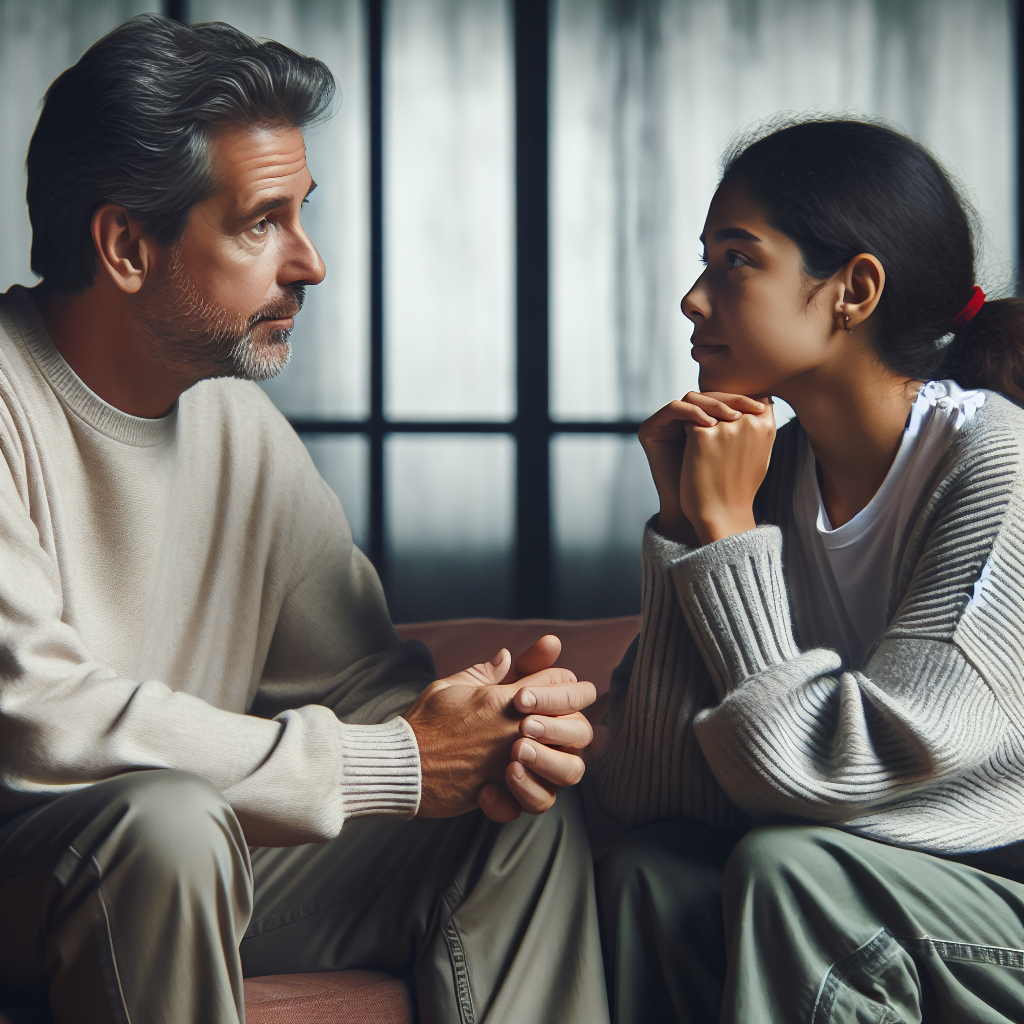The Importance of Active Listening in Building Strong Relationships
Effective communication is the cornerstone of any successful relationship, whether it’s with a romantic partner, family member, friend, or colleague. One crucial aspect of effective communication is the practice of active listening. The importance of active listening in building strong relationships cannot be overstated. When we engage in active listening, we demonstrate a genuine interest in the other person’s thoughts, feelings, and perspective.
Active listening involves fully concentrating, understanding, responding, and remembering what is being said. It goes beyond simply hearing the words spoken; it encompasses empathy, nonverbal cues, and validation. By actively listening to our loved ones, we foster trust, respect, and understanding, which are fundamental for nurturing healthy and robust relationships.
Moreover, active listening paves the way for open and honest communication. When individuals feel heard and understood, they are more likely to express themselves openly and honestly. This, in turn, leads to the resolution of conflicts, the strengthening of emotional bonds, and the cultivation of a deep sense of connection.
In essence, the importance of active listening in building strong relationships lies in its ability to create a supportive and nurturing environment where both parties feel valued and understood. It fosters a deeper level of intimacy and closeness, laying the groundwork for enduring and fulfilling relationships.
Techniques for Enhancing Communication Through Active Listening
Effective communication in relationships is crucial for building and maintaining strong connections. Active listening is a powerful tool that can significantly enhance communication between partners. By employing various techniques for active listening, individuals can improve their ability to understand and connect with their significant others. One effective technique is to provide nonverbal cues, such as nodding and maintaining eye contact, to show genuine interest and attentiveness. Additionally, paraphrasing the speaker’s words can demonstrate that their message is being received and understood. Another valuable technique is to ask open-ended questions to encourage the speaker to elaborate on their thoughts and feelings, promoting deeper and more meaningful conversations. Furthermore, mirroring the speaker’s emotions can create a sense of empathy and understanding, fostering a supportive and loving atmosphere. Overall, these techniques for enhancing communication through active listening can contribute to stronger, more fulfilling relationships built on mutual understanding and connection.
Overcoming Barriers to Effective Communication in Relationships
Effective communication in relationships is vital for building strong connections and fostering understanding between partners. One crucial aspect of effective communication is active listening, which involves giving full attention to the speaker and truly understanding their message. However, many couples face barriers that hinder their ability to engage in effective communication.
One common barrier to effective communication in relationships is the lack of focus on the speaker. Distractions, such as phones or TV, can impede active listening and prevent partners from fully understanding each other. Additionally, preconceived notions and judgments can cloud the listener’s ability to comprehend the speaker’s perspective, leading to misunderstandings and conflicts.
Moreover, emotional barriers, such as defensiveness or anger, can hinder effective communication. When individuals are caught up in their emotions, they may struggle to listen actively and empathize with their partner’s feelings and experiences. These emotional barriers can escalate conflicts and prevent the resolution of issues.
To overcome these barriers, couples must prioritize active listening and create an environment conducive to open communication. This involves eliminating distractions, practicing empathy, and setting aside emotional reactivity to truly understand each other’s thoughts and feelings. Engaging in reflective listening and seeking clarification can help clarify any misunderstandings and promote a deeper connection.
In conclusion, overcoming barriers to effective communication in relationships is essential for building trust, intimacy, and mutual understanding. By actively listening and addressing these barriers, couples can strengthen their bond and cultivate a healthy and harmonious relationship.
